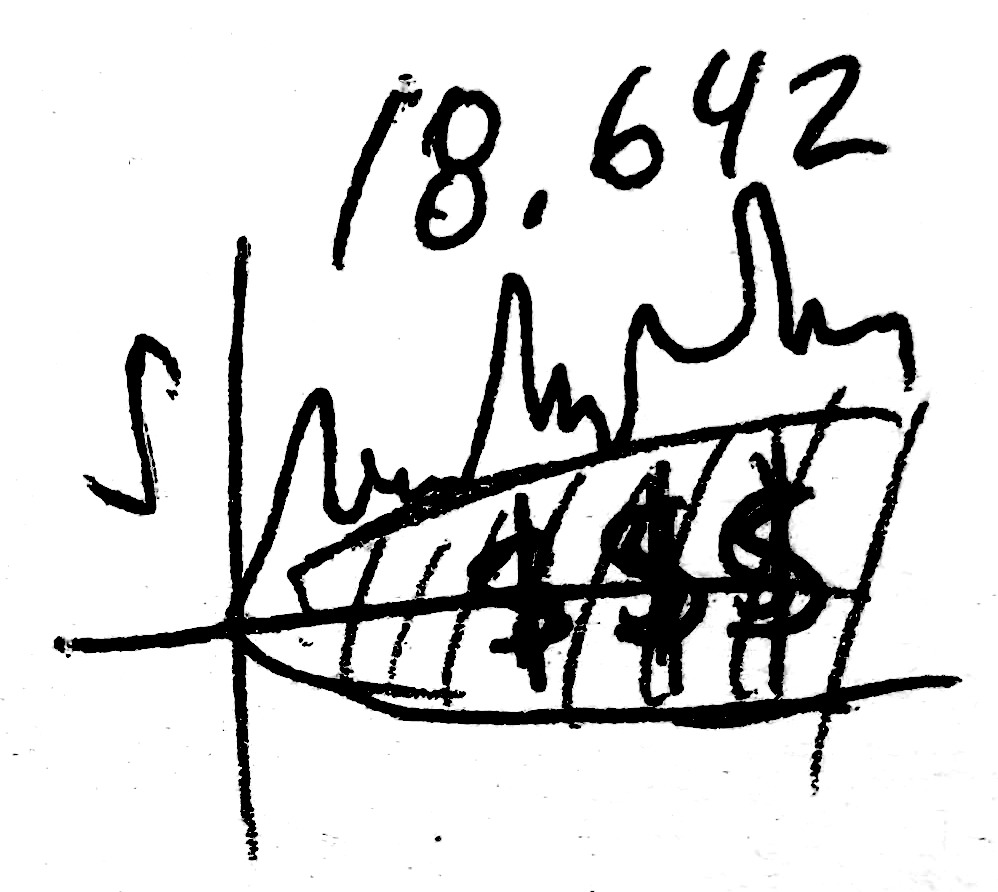Coming out of a hectic month of trading, I was ready to put my math knowledge to finance in a markets and quantitative sense (as opposed to, say, a philosophical or econ-academic treatment1). This class offered challenges in random walks and martingales, analysis of assets, and a final project and research paper.
There were two lectures per week; they alternated between a mathematical presentation and a guest lecture from an industry professional or startup leader. An interactive presentation by Tarek Mansour, CEO of Kalshi, was particularly memorable. Kalshi is a trading platform for event contracts: rather than trading stocks, people can bet on events - an extension of sports betting into real-life events.
Teaching was led by Prof. Kempthorne, with Dr. Vasily Strela and Dr. Jake Xia instructing as well. The instructors were all entirely knowledgeable about financial topics, and the class was covered at a steady, rigorous pace; one had room to breathe, so to speak.
Footnotes
1 See the Mises Institute for an example of "academic econ". The Mises Institute revolves around the Austrian school of economics and can be mostly described as libertarian.
